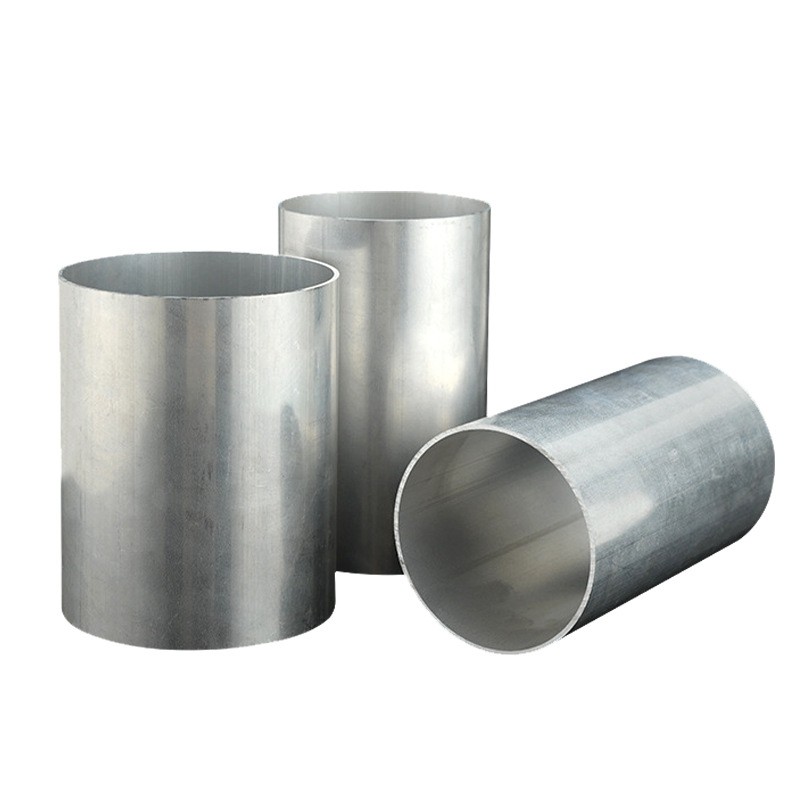Is an aluminium tube stronger than steel?
05-28-2024
In the field of materials science, aluminum tubes and steel pipes are two commonly used tubular materials that are widely used in various industrial and civil fields. However, on whether the aluminum pipe is stronger than the steel pipe, we need to carry out in-depth discussion and analysis. In fact, aluminum pipes and steel pipes have advantages and disadvantages in terms of strength, depending on the specific use environment and needs.
1) From the basic material strength point of view
The steel pipe usually has higher tensile strength and yield strength. This is because steel's density and molecular structure allow it to withstand greater pressures and pulls. In contrast, aluminum pipes, although they also have a certain strength, are usually not as high as steel pipes. The density of aluminum is low, which affects its strength performance to a certain extent.
2) Strength is not the only consideration in choosing a material
The advantages of aluminum tubes are their lightness and corrosion resistance. The density of aluminum is about one-third that of steel, so aluminum tubes are much lighter than steel tubes, which is very advantageous in cases where weight needs to be reduced or transportation costs reduced. In addition, aluminum tubes also have excellent corrosion resistance, and for some environments that need to resist chemical corrosion, aluminum tubes are a better choice.
In addition, we need to take into account the different kinds of aluminum and steel and their respective alloys. For example, the strength of some aluminum alloys can even rival that of some types of steel. At the same time, different steel pipes also have different strength levels, depending on their carbon content and the proportion of other alloying elements.
Therefore, we cannot simply say that aluminum pipes are stronger than steel pipes, or the opposite. Each material has its own unique properties and advantages, suitable for different application scenarios. When choosing to use aluminum pipe or steel pipe, it is necessary to conduct a comprehensive evaluation according to the specific application needs, environmental conditions, cost considerations and other factors.
3) In the construction industry
Steel pipes, due to their high strength and good structural stability, are often used to support structures, Bridges, tall buildings and other occasions that need to bear heavy loads. In the aerospace field, aluminum tubes are often used in aircraft, rockets and other places that need to reduce weight because of their light weight and high corrosion resistance.
4) Cost factor
Although the steel pipe is stronger, its cost is also relatively high. In some cases where strength requirements are not particularly high, but cost sensitive, aluminum tubes may be a more economical option.
In addition, with the continuous progress of material science and manufacturing processes, new aluminum alloy and steel pipe materials continue to emerge, and their strength and other properties are also constantly improving. As a result, future material choices will be more diverse and complex, requiring us to make more informed decisions based on the latest research and development dynamics.
In summary, aluminum pipes and steel pipes differ in strength characteristics, but each material has its own unique advantages and application scenarios. When choosing which material to use, it is necessary to consider a variety of factors and make decisions based on the specific application needs.







